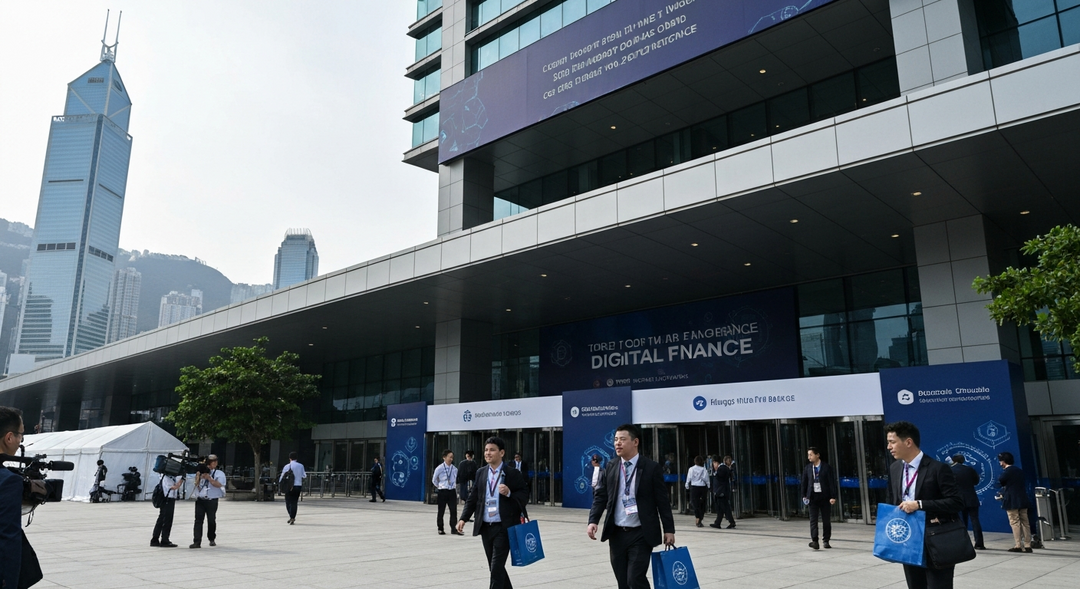Jito Labs has introduced a bold proposal to reshape Solana’s future governance. This announcement puts the spotlight on a strategic shift in the management of block engine fees, with Jito DAO at its center.
The plan would see all protocol revenue streams benefit tokenholders directly in a decentralized fashion. Discussions now focus on how this structure will strengthen the economic role of the DAO, raising anticipation across the network. The term Start Cloud Mining has been mentioned in community conversations as a potential way for users to maximize participation in the wider Solana ecosystem.
Jito Labs Reimagines Revenue Distribution
JIP-24, the latest governance proposal from Jito Labs, stands out for its simplicity and ambition. It recommends routing all block engine and block assembly marketplace fees into the Jito DAO’s treasury.
Currently, the revenue is split evenly, with Jito Labs and the DAO each receiving three percent from the protocol’s block engine rewards. By shifting the full six percent to the DAO, Jito Labs aims to ensure optimal accrual of fees for the tokenholders.
The concept behind this proposal finds inspiration in the drive toward further decentralization. Jito’s network occupies a vital role as a block-building layer on Solana, supporting tools that help validators optimize transaction sequencing. Features like the block engine and block assembly marketplace allow for substantial reward distribution among participants.
Jito’s recent innovation, the Block Assembly Marketplace or BAM, plays a pivotal role in this proposal. BAM enables programmable block assembly and introduces the possibility of new plugin-based revenue streams. Fees associated with these plugins would contribute directly to the DAO treasury, which analysts estimate could add as much as fifteen million dollars in new yearly revenue.
Much of the enthusiasm comes from Jito Labs’ clear commitment to aligning economic incentives. Their plan also involves allocating funds toward projects proposed by the Cryptoeconomics SubDAO, an independent group charged with value strategies that benefit tokenholders directly.
This approach to governance is designed not only to empower tokenholders but also to anchor the DAO’s significance in both technical and financial affairs. By reinforcing the DAO’s control, Jito expects the value of the Jito token to strengthen over time.
Supporters highlight the innovative plugins introduced by BAM as a major development for programmable finance on Solana. As more validators get involved, new revenue streams continue to emerge, further validating the blueprint for decentralized governance.
This transition, if adopted, will significantly reduce Jito Labs’ direct influence over the distribution of protocol rewards. Instead, a broader and more representative group within the DAO will have the responsibility for guiding Jito’s development.
While the current split allows Jito Labs to maintain partial oversight, the proposal cements the DAO’s central place in economic and technical decision-making. The suggested change also sets a precedent for other decentralized projects aiming to boost tokenholder involvement.
All future block assembly marketplace fees would flow to the treasury without exception, offering the DAO a flexible foundation for community-driven initiatives.
With JIP-24, Jito is opening the door to a new model where network participants and stakeholders play a genuine role in governance. Many in the community are watching closely as this proposal stands to redefine how projects manage protocol revenues and collaborate on growth.
The focus on incentivizing active contributions to the network, especially from validators and tokenholders, is viewed by some as a way to increase overall ecosystem health. The news also carries significance for anyone tracking Solana’s ongoing evolution toward greater transparency and inclusivity.
Investors and users drawn to the rapidly changing decentralized finance space are paying attention to developments like these, considering how such proposals might influence future innovation.
Conclusion
Jito Labs’ proposal marks a turning point for Solana protocol governance and tokenholder empowerment. By transitioning all protocol fees to the DAO treasury, a broader array of stakeholders will gain a voice in the platform’s direction, ensuring collective control over its resources.
The plan demonstrates how far Solana-based projects have come in creating more democratic and resilient ecosystems. Should the proposal pass, it will set a strong example for other decentralized initiatives and reinforce the value of community-guided growth across the blockchain landscape.

Ewan’s fascination with cryptocurrency started through his curiosity about innovative technologies reshaping the financial world. Over the past four years, he has specialized in cloud mining and crypto asset management, diving deep into mining contracts, profitability analysis, and emerging trends. Ewan is dedicated to helping readers understand the technical and economic aspects of crypto mining, making complex information accessible and actionable.




